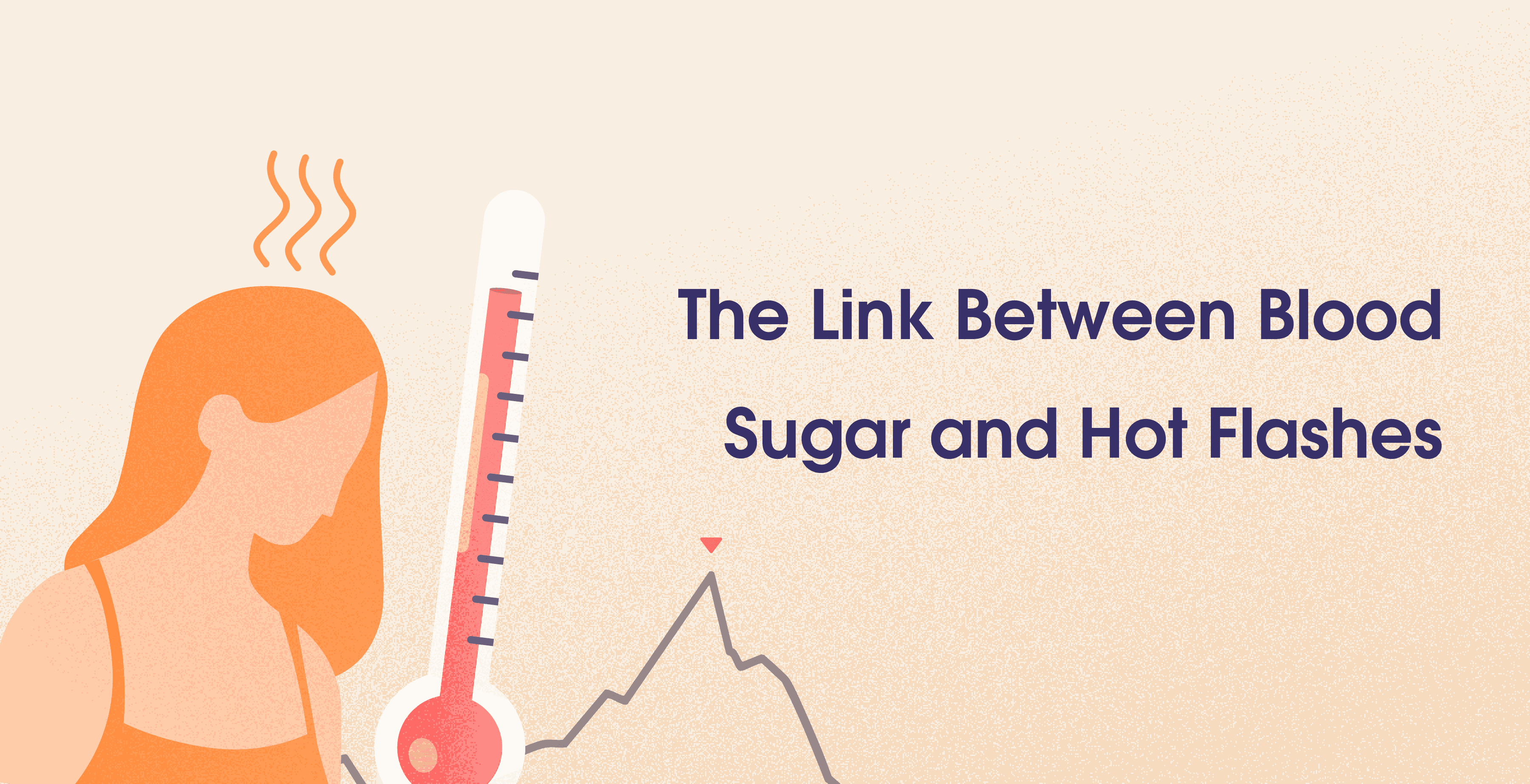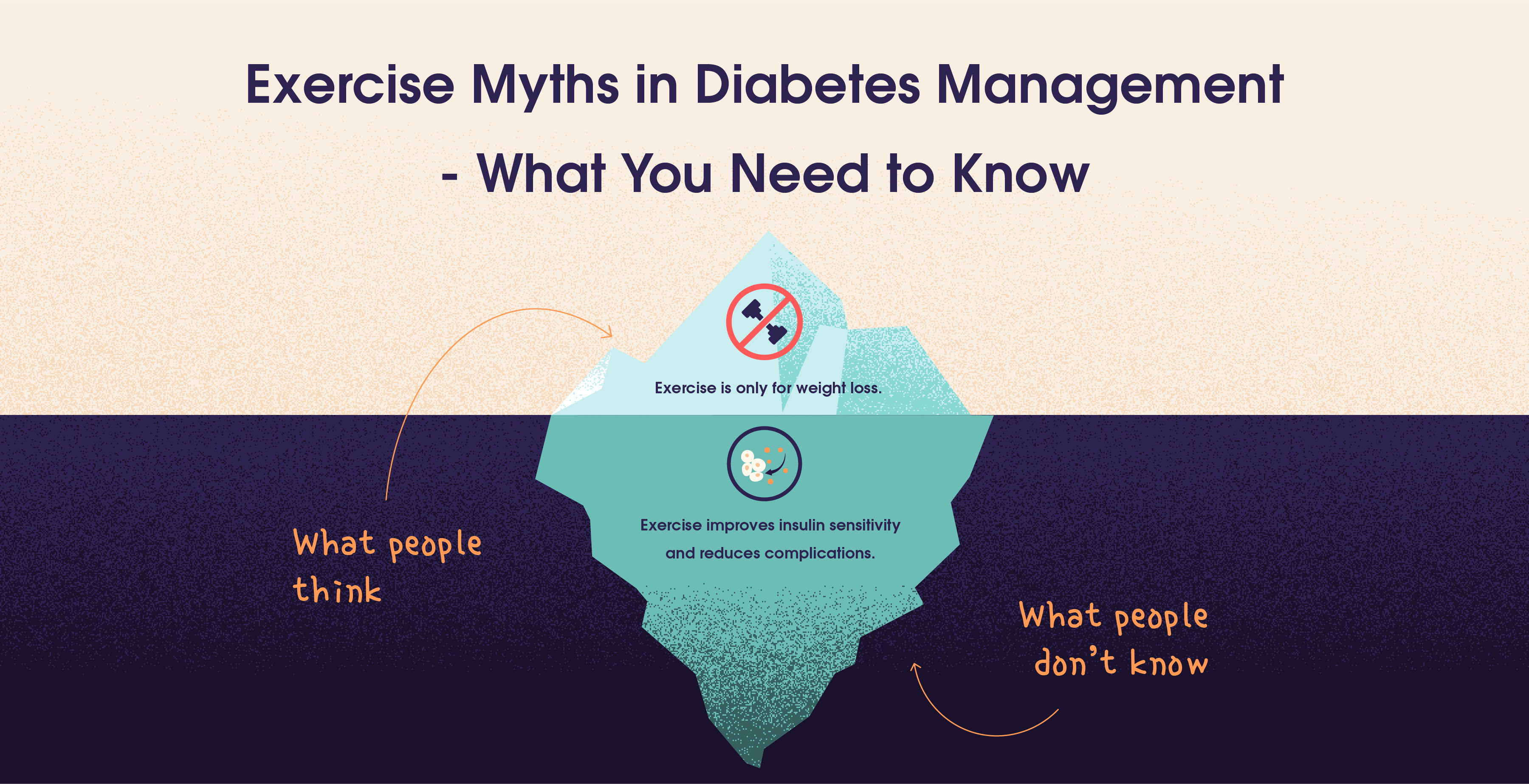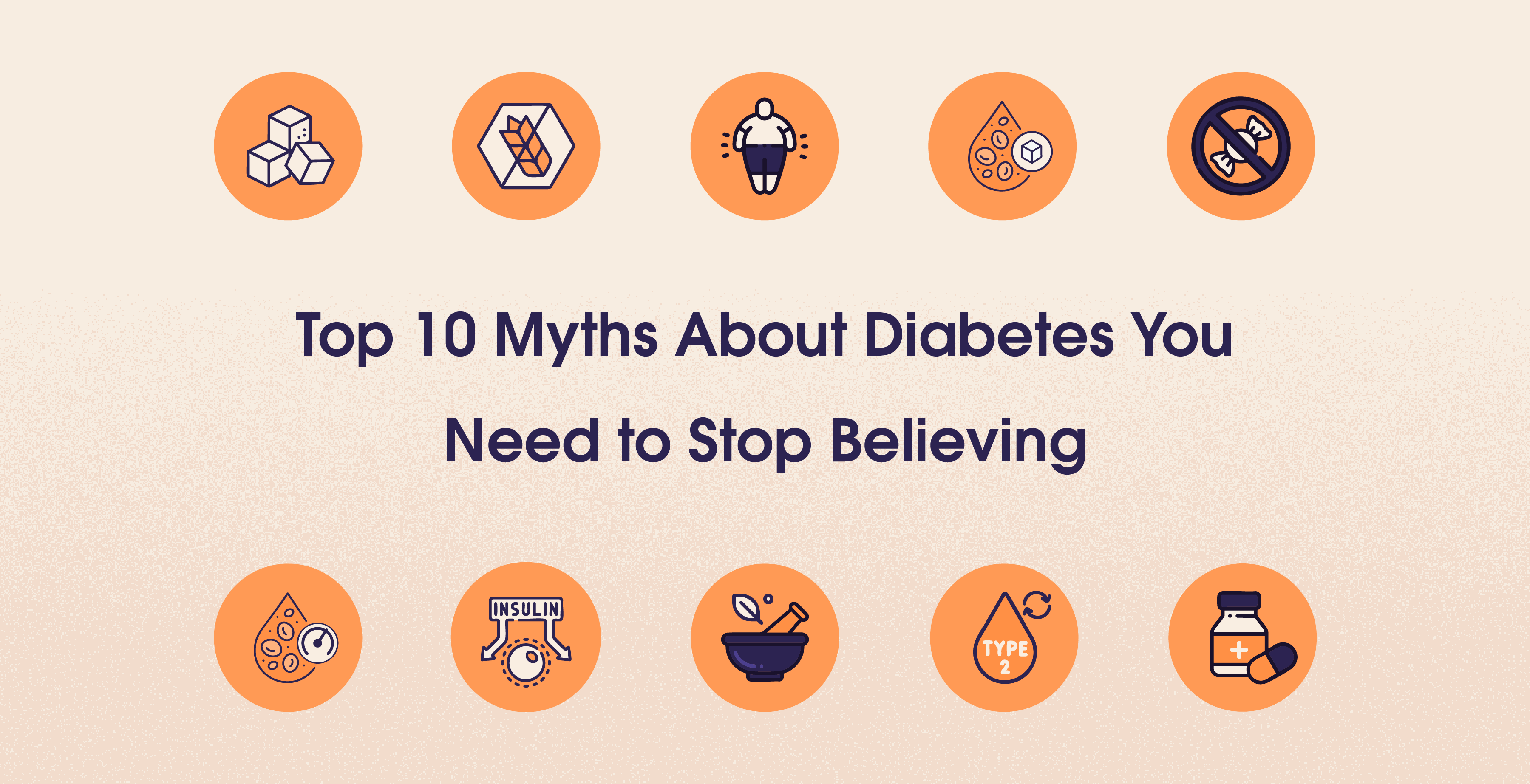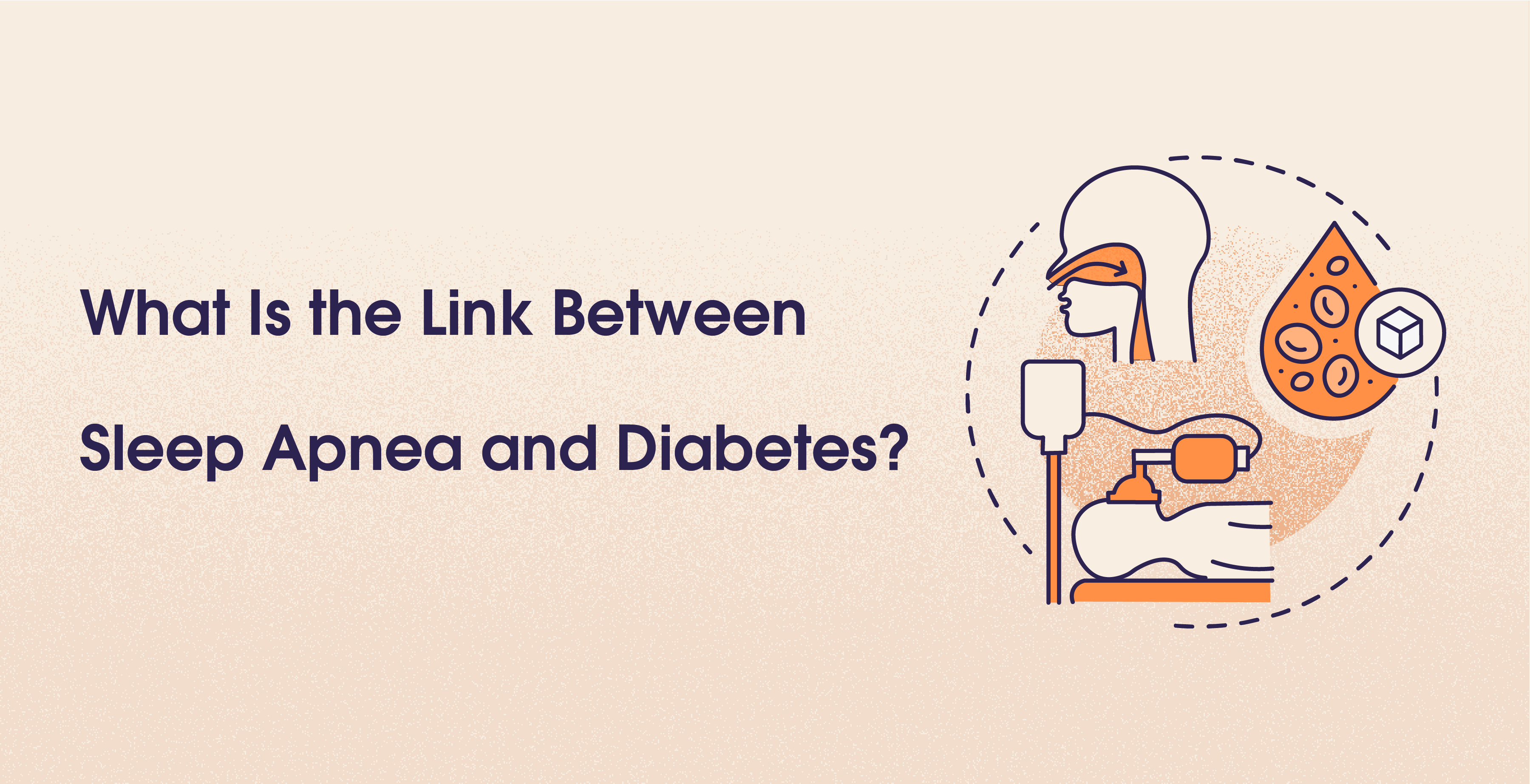The Link Between Blood Sugar and Hot Flashes
Nov 25, 2024
Aparna Hurtis



Table Of Contents
Hot flashes are a common experience for many women, especially during menopause. They show up unannounced, bringing sudden waves of heat, sweating, and discomfort. But have you ever wondered what might trigger them apart from hormonal changes? Surprisingly, your blood sugar levels could be playing a bigger role than you think.
Let’s break this connection down in simple terms so you can better understand how your body works and what you can do to manage these sudden heat surges.
Highlights
Hot flashes occur due to hormonal imbalances, especially during menopause, disrupting the body’s temperature regulation.
Blood sugar fluctuations, whether too high or too low, can trigger stress hormones that contribute to hot flashes.
Low blood sugar causes the release of adrenaline, which can confuse the brain’s thermostat and lead to heat surges.
High blood sugar increases inflammation and affects the brain’s ability to regulate body temperature.
Reduced estrogen levels during menopause make the body more sensitive to blood sugar changes, intensifying hot flashes.
Insulin resistance, common in conditions like prediabetes or PCOS, can worsen the effects of blood sugar on hot flashes.
Balanced meals with protein, healthy fats, and fiber help stabilize blood sugar and reduce hot flash triggers.
Regular physical activity improves glucose management and reduces overall stress.
Managing stress through relaxation techniques can help reduce both blood sugar fluctuations and hot flashes.
Staying hydrated prevents dehydration, which can exacerbate hot flashes.
What Are Hot Flashes?
Hot flashes happen when your body’s internal thermostat gets confused. Normally, your brain controls your body temperature, keeping it stable. But during menopause or hormonal changes, this system can get out of sync. Suddenly, your body feels too hot, even when the room temperature is fine.
These flashes of heat often come with sweating, a flushed face, and sometimes a rapid heartbeat. For some women, they’re mild and occasional; for others, they’re intense and frequent.
How Does Blood Sugar Fit Into This?
You might be wondering, “What does blood sugar have to do with hot flashes?” Blood sugar refers to the amount of glucose in your blood. Your body needs glucose for energy, but it likes to keep those levels steady. When your blood sugar swings too high or too low, it can cause stress inside your body—and that stress can lead to hot flashes.
Here’s how it works:
Low Blood Sugar (Hypoglycemia)
When your blood sugar drops too low, your body releases stress hormones like adrenaline to bring it back up. These stress hormones can confuse your brain’s temperature control, triggering a hot flash.
High Blood Sugar (Hyperglycemia)
On the other hand, when blood sugar gets too high, it can lead to inflammation and other imbalances in your body. This also affects how your brain regulates heat, making you more likely to experience hot flashes.
Hormones Make Things More Complicated
During menopause, your body produces less estrogen, a hormone that helps with temperature regulation. Lower estrogen levels can make your body more sensitive to changes in blood sugar. If your blood sugar fluctuates, your brain’s ability to keep you cool becomes even less reliable.
For people with insulin resistance (common in conditions like prediabetes or PCOS), the problem can be even worse. Insulin resistance causes your blood sugar to stay higher than it should, which might increase the frequency or severity of hot flashes.
Managing Blood Sugar to Reduce Hot Flashes
The good news? You can take steps to manage your blood sugar and potentially reduce the intensity or number of hot flashes you experience.
Eat Balanced Meals
Focus on eating a mix of protein, healthy fats, and fiber in every meal. Avoid sugary snacks and processed foods that can cause your blood sugar to spike and crash. Instead, choose whole grains, nuts, seeds, fruits, and vegetables.
Stay Active
Regular physical activity, like walking, yoga, or dancing, helps your body use glucose more efficiently. It also reduces stress, which can calm your body and lessen hot flashes.
Manage Stress
Stress affects both blood sugar and hot flashes. Try relaxation techniques like deep breathing, meditation, or even journaling to keep your stress levels in check.
Stay Hydrated
Drinking enough water is important for keeping your body’s systems balanced. Dehydration can make hot flashes feel worse, so keep a water bottle nearby and sip throughout the day.
Final Thoughts
Hot flashes are frustrating, no doubt about it. But understanding the link between blood sugar and those sudden heat waves can give you more control over your body. By paying attention to what you eat, how you move, and how you manage stress, you might find some relief.
While you can’t always avoid hot flashes completely, small changes in your daily routine can make a big difference. So next time you feel that familiar warmth rising, take a deep breath, grab some water, and remind yourself that you’ve got this under control.
References
Hot flashes are a common experience for many women, especially during menopause. They show up unannounced, bringing sudden waves of heat, sweating, and discomfort. But have you ever wondered what might trigger them apart from hormonal changes? Surprisingly, your blood sugar levels could be playing a bigger role than you think.
Let’s break this connection down in simple terms so you can better understand how your body works and what you can do to manage these sudden heat surges.
Highlights
Hot flashes occur due to hormonal imbalances, especially during menopause, disrupting the body’s temperature regulation.
Blood sugar fluctuations, whether too high or too low, can trigger stress hormones that contribute to hot flashes.
Low blood sugar causes the release of adrenaline, which can confuse the brain’s thermostat and lead to heat surges.
High blood sugar increases inflammation and affects the brain’s ability to regulate body temperature.
Reduced estrogen levels during menopause make the body more sensitive to blood sugar changes, intensifying hot flashes.
Insulin resistance, common in conditions like prediabetes or PCOS, can worsen the effects of blood sugar on hot flashes.
Balanced meals with protein, healthy fats, and fiber help stabilize blood sugar and reduce hot flash triggers.
Regular physical activity improves glucose management and reduces overall stress.
Managing stress through relaxation techniques can help reduce both blood sugar fluctuations and hot flashes.
Staying hydrated prevents dehydration, which can exacerbate hot flashes.
What Are Hot Flashes?
Hot flashes happen when your body’s internal thermostat gets confused. Normally, your brain controls your body temperature, keeping it stable. But during menopause or hormonal changes, this system can get out of sync. Suddenly, your body feels too hot, even when the room temperature is fine.
These flashes of heat often come with sweating, a flushed face, and sometimes a rapid heartbeat. For some women, they’re mild and occasional; for others, they’re intense and frequent.
How Does Blood Sugar Fit Into This?
You might be wondering, “What does blood sugar have to do with hot flashes?” Blood sugar refers to the amount of glucose in your blood. Your body needs glucose for energy, but it likes to keep those levels steady. When your blood sugar swings too high or too low, it can cause stress inside your body—and that stress can lead to hot flashes.
Here’s how it works:
Low Blood Sugar (Hypoglycemia)
When your blood sugar drops too low, your body releases stress hormones like adrenaline to bring it back up. These stress hormones can confuse your brain’s temperature control, triggering a hot flash.
High Blood Sugar (Hyperglycemia)
On the other hand, when blood sugar gets too high, it can lead to inflammation and other imbalances in your body. This also affects how your brain regulates heat, making you more likely to experience hot flashes.
Hormones Make Things More Complicated
During menopause, your body produces less estrogen, a hormone that helps with temperature regulation. Lower estrogen levels can make your body more sensitive to changes in blood sugar. If your blood sugar fluctuates, your brain’s ability to keep you cool becomes even less reliable.
For people with insulin resistance (common in conditions like prediabetes or PCOS), the problem can be even worse. Insulin resistance causes your blood sugar to stay higher than it should, which might increase the frequency or severity of hot flashes.
Managing Blood Sugar to Reduce Hot Flashes
The good news? You can take steps to manage your blood sugar and potentially reduce the intensity or number of hot flashes you experience.
Eat Balanced Meals
Focus on eating a mix of protein, healthy fats, and fiber in every meal. Avoid sugary snacks and processed foods that can cause your blood sugar to spike and crash. Instead, choose whole grains, nuts, seeds, fruits, and vegetables.
Stay Active
Regular physical activity, like walking, yoga, or dancing, helps your body use glucose more efficiently. It also reduces stress, which can calm your body and lessen hot flashes.
Manage Stress
Stress affects both blood sugar and hot flashes. Try relaxation techniques like deep breathing, meditation, or even journaling to keep your stress levels in check.
Stay Hydrated
Drinking enough water is important for keeping your body’s systems balanced. Dehydration can make hot flashes feel worse, so keep a water bottle nearby and sip throughout the day.
Final Thoughts
Hot flashes are frustrating, no doubt about it. But understanding the link between blood sugar and those sudden heat waves can give you more control over your body. By paying attention to what you eat, how you move, and how you manage stress, you might find some relief.
While you can’t always avoid hot flashes completely, small changes in your daily routine can make a big difference. So next time you feel that familiar warmth rising, take a deep breath, grab some water, and remind yourself that you’ve got this under control.
References
Table Of Contents
Table Of Contents
Table Of Contents
Read More


Apr 2, 2025
Sayfali Rawlani


Feb 17, 2025
Aparna Hurtis


Feb 10, 2025
Aparna Hurtis



Company
Copyright © 2025 trst health. All right reserved.

